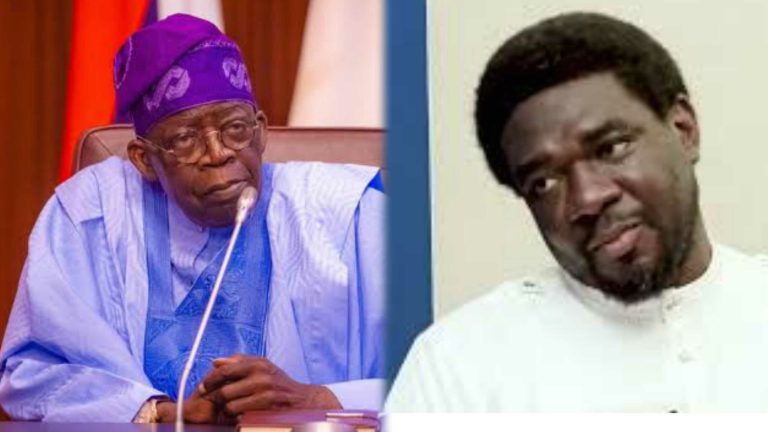President of the Trade Union Congress (TUC), Comrade Festus Osifo, disclosed that the leadership of the Organized Labour are waiting for the outcome of President Bola Tinubu’s consultation on the new minimum wage.
Comrade Osifo, who spoke at the sideline of a one-day retreat with the theme: ‘Labour reforms and the quest for living wage in Nigeria: A focus on Legislative intervention’, organised by National Institute for Legislative and Democratic Studies (NILDS), observed that negotiations for the new minimum wage is inexhaustible.
The TUC leader however called on the National Assembly to expedite action on the new minimum wage to be passed into law in the interest of Nigerian workers.
“You will agree with me that this particular minimum wage conversation where we are now is one of the fastest we’ve had in recent times. If you remember (the discussion around) the 2019 minimum wage actually started in 2017. It took them almost two years for them to get to where are now.
“But for us when we started, for the Organised Labour, we actually set up a three to four-month timeline for ourselves to push ourselves into action. The Tripartite Committee was able to make recommendations to government. That was to be on the last day of May. And we waited for one month now and much more.
“So, all the interactions that we have had with government, what they’ve told us was that the President wants to do further consultations with Organised Labour, consultation with the Organised Private Sector (OPS), consultation with State and Local Governments.
“We are waiting for that consultation where we’ll also make our case known to the President because the process of putting a bar on a new minimum wage as we know is a tripartite committee arrangement.
“But that Committee is to advise Mr. President. We have submitted our report to Mr. President and we are waiting for that consultation to be on, in the next few days not weeks, so that the President can make an informed decision and submit the minimum wage that will stand the test of time to the National Assembly.
“And we have also been urging the National Assembly to do what is quite apt for them to pass the new minimum wage with the same speed that they passed the new national anthem. We are hopeful that by the end of July that could still be possible,” Comrade Osifo told Tribune Online.
While presenting a position paper on: ‘An overview of Labour Laws in Nigeria: Issues, Challenges and Way Forward’, President of Nigerian Industrial Court (NIC), Justice Benedict Kanyip underscored the need to address issues bothering on mass unemployment, among others.
He said: “As we embark on the reform of our labour laws, we must aim to remove the problems of mass unemployment, poor working conditions, workplace discrimination, and wage gaps, which make it extremely difficult for the majority of people and families to have a sustainable livelihood.
“The influx of foreigners to our manufacturing sector comes with it practices that are poor when compared to those the home countries of the foreigners. At the moment, our economy is characterised by low productivity, relatively low education levels, low wages, and volatile economic conditions.
“In all this, our labour laws are inhibited by problems such as: being cumbersome and obsolete, gross violation, politicization and marginalization of labour unions, corrupt practices on the part of administering authorities, and inadequate infrastructure and manpower.”
Justice Kanyip also harped on the urgent need to “put in place institutions that can mediate the interests of social partners in matters of labour, for instance, through the setting up of tripartite bodies with representatives of the social partners that can be consulted on specifically labour matters, and generally social and economic matters.
“The culture of social dialogue must entrenched The National Labour Advisory Council (NLAC) of Nigeria must be strengthened in the mould of the National Economic Development and Labour Council (NEDLAC) of South Africa, the Labour Advisory Board of The Gambia and the National Tripartite Committee of Ghana.
“Our Ministry of Labour (as well as employers and workers) must be active participants in all socio-economic discourse if our desire to develop is to be realised. They should, for instance, be represented in the National Economic Council. All of this is the least expected of us in virtue of our membership of the ILO,” he urged.
READ ALSO FROM NIGERIAN TRIBUNE
